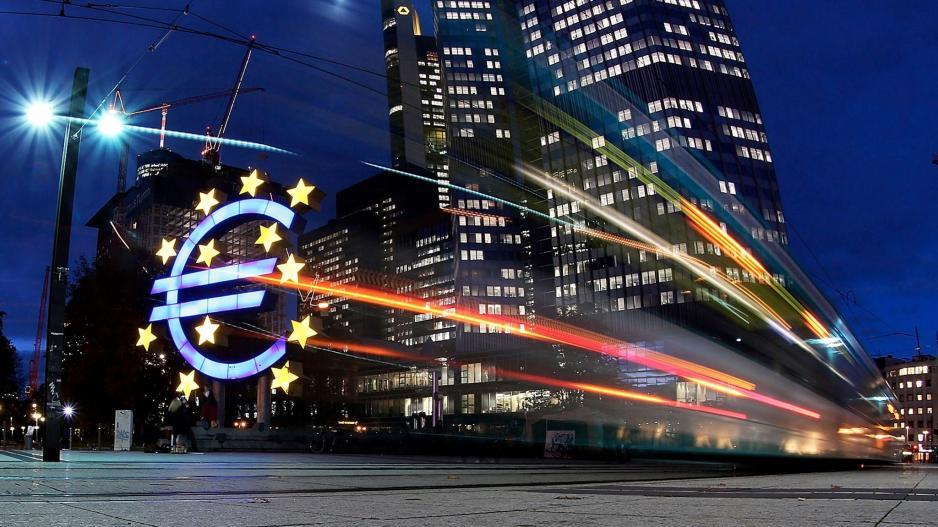European Central Bank Hikes Deposit Rate to Highest Since Euro's 1999 Introduction
Average Inflation Is Expected at 5.6% In 2023
The Governing Council of the European Central Bank has decided to hike its benchmark interest rate by 25 basis points. This increase, the tenth consecutive one, pushes the deposit rate to 4%, its highest level since the euro's introduction in 1999.
Effective from September 20, 2023, the main refinancing operations rate, the marginal lending facility rate, and the deposit facility rate will rise to 4.50%, 4.75%, and 4.00%, respectively.
Despite inflation continuing to decrease, it is anticipated to remain at an elevated level for an extended period. The ECB's Council underscores its commitment to ensuring that inflation returns to its medium-term target of 2% promptly.

The rate increase reflects the upward revision of the ECB's inflation forecast for the upcoming year. According to the ECB's macroeconomic projections for the euro zone in September, average inflation is expected at 5.6% in 2023, 3.2% in 2024, and 2.1% in 2025. These predictions represent an upward revision for 2023 and 2024, and a downward adjustment for 2025. The adjustments, especially for 2023 and 2024, largely mirror rising energy prices. It's worth noting that while many indicators are starting to weaken, underlying price pressures remain high.
Simultaneously, the ECB's experts have substantially cut their economic growth predictions due to the tightening impact of higher interest rates on domestic demand and a global trade slowdown. The eurozone economy is now projected to grow by 0.7% in 2023, 1.0% in 2024, and 1.5% in 2025.
It's noteworthy that just 14 months ago, the ECB's main interest rate was at a historic low of -0.5%. This essentially meant banks had to pay to maintain their liquidity reserves with the ECB.






